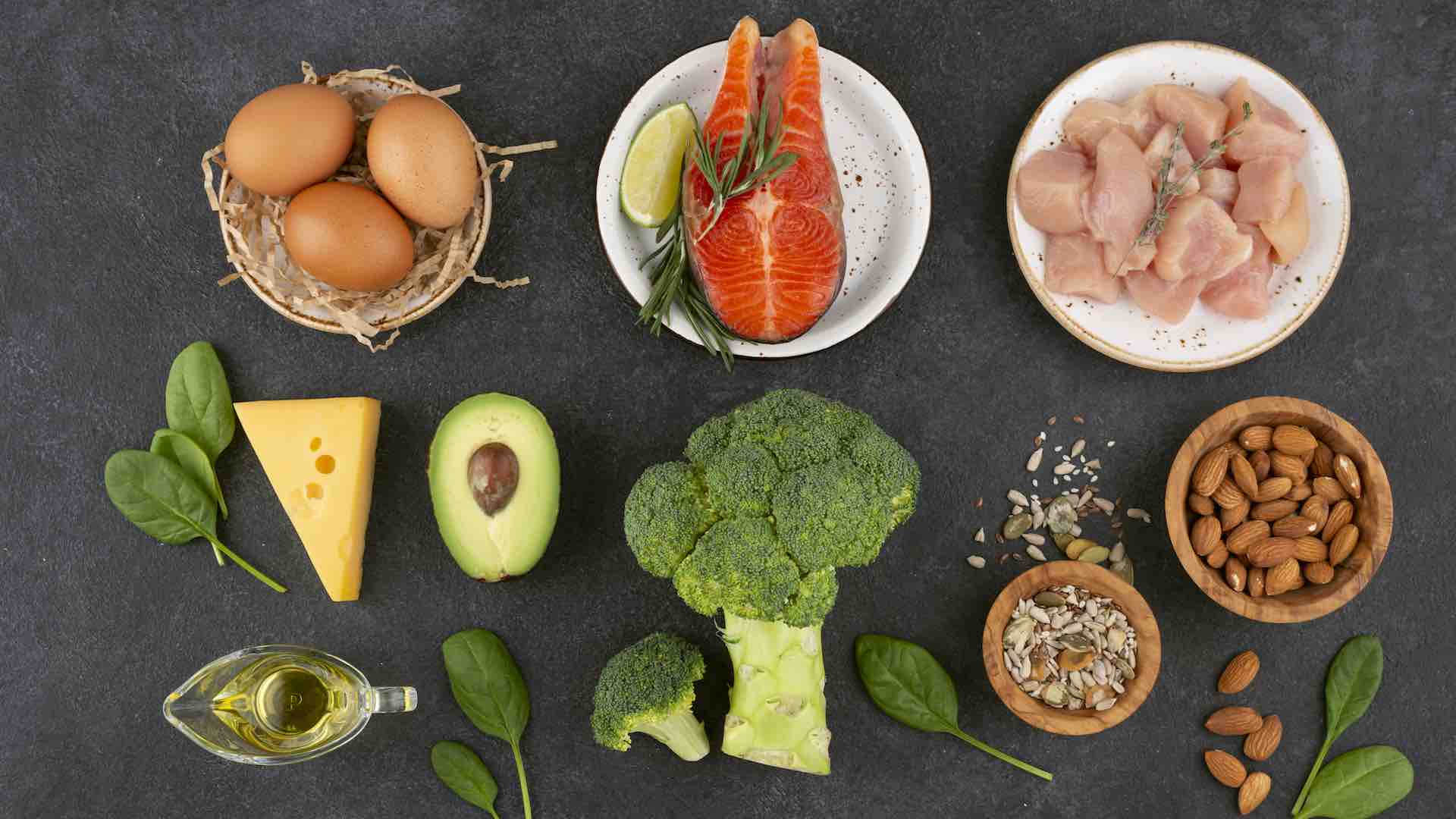Recent research highlights the critical role of dietary protein sources in managing high cholesterol, a major risk factor for cardiovascular disease. Health experts emphasize that incorporating specific proteins into daily meals can significantly lower cholesterol levels and enhance heart health. Below, we explore some of the most effective protein-rich foods for maintaining optimal cholesterol levels. Nuts, especially walnuts, are recognized for their ability to lower cholesterol.

Studies have shown that consuming 1 to 2 ounces of walnuts daily can reduce total and low-density lipoprotein (LDL), or “bad,” cholesterol by approximately 4%. This is due to their high levels of plant-based protein, dietary fiber, polyunsaturated fats, and antioxidants. Almonds and pistachios also provide cardiovascular benefits, but walnuts stand out due to their omega-3 fatty acid content. Legumes such as beans, chickpeas, and lentils are another excellent source of plant-based protein.
Rich in soluble fiber, these foods have been shown to help lower LDL cholesterol while improving overall heart health. Substituting animal proteins with legumes in meals can result in a measurable decrease in cholesterol. According to the Heart Foundation, legumes are a key component of a heart-healthy diet. Soy-based foods, including tofu, soy milk, and edamame, also play a significant role in reducing cholesterol levels. Research indicates that consuming 25 grams of soy protein daily – equivalent to approximately a cup of tofu or two cups of soy milk – can lower LDL cholesterol by 5% to 6%.
This makes soy an effective alternative to animal-based proteins for those looking to manage cholesterol. These findings are supported by Harvard Health. Fatty fish, including salmon, mackerel, and sardines, are particularly beneficial for heart health due to their high levels of omega-3 fatty acids. Omega-3s are known to reduce triglycerides and LDL cholesterol, as well as support overall cardiovascular function. Health experts recommend consuming at least two servings of fatty fish per week.
For those following a plant-based diet, foods like flaxseeds, chia seeds, and walnuts are excellent plant-based sources of omega-3s. Whole grains, including oats and barley, contribute to cholesterol management through their high soluble fiber content. Soluble fiber binds to cholesterol in the digestive system, preventing its absorption into the bloodstream. Fruits such as apples, oranges, and berries are additional sources of soluble fiber, offering a natural way to complement protein-packed meals.
In addition to incorporating these foods, maintaining an overall balanced diet, reducing saturated fat intake, and engaging in regular physical activity are essential for managing cholesterol levels. Lifestyle modifications combined with these protein-packed foods can help individuals achieve long-term heart health. It is also important to seek guidance from healthcare experts or registered dietitians to ensure dietary choices are tailored to individual health needs. This personalized approach not only supports effective cholesterol management but also helps address other risk factors for heart disease, such as blood pressure and weight management. – By MENA Newswire News Desk.
